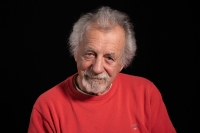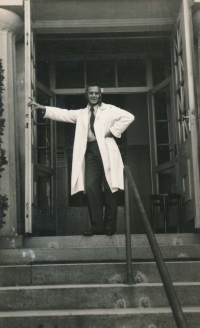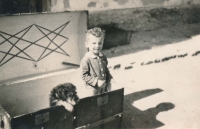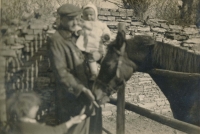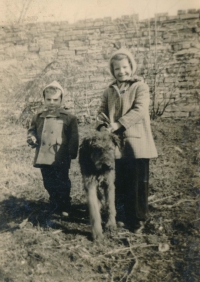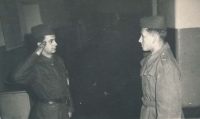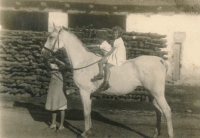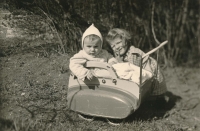It was not a sabotage on Brezhnev after all, but heads were rolling nevertheless

Download image
Jiří Nachtigall was born on 22 March 1942 on the farm Blato near Poděbrady. His father Viktor took part in the resistance in the Uher-Šíma group. The family owned the farm Okřínek but lost it during the nationalization. As the son of a kulak, he was unable to study at a grammar school, so he worked as a labourer after primary school. Thanks to this and thanks to the intercession of friends, he was recommended and eventually was able to study at the industrial school in Prague, majoring in high-voltage current and energy engineering. He graduated in 1961. He then enlisted in Karlovy Vary, where he studied for a year at the non-commissioned officer school, the so-called péeška, and gained the rank of sergeant. After the occupation in October 1968, he emigrated to France with his sister, but returned the following January to work for Czechoslovak Television (ČST). His sister remained in France. In 1978, Leonid Brezhnev came on a state visit to Czechoslovakia, and during his speech in the Spanish Hall, the television broadcast dropped out for twenty minutes. The blackout was investigated as sabotage, the witness was dismissed from television, and his wife miscarried. Subsequently, he worked as a revision engineer at Sportovní stavby and then at the Pankrác prison in Prague. After the Revolution, he sued for ten years for the family farm Okřínek, which he eventually acquired. Today (2022) the farm is no longer farmed, it has become an industrial area, among others for the production of paints. In 2022, Jiří Nachtigall was living in Prague.
